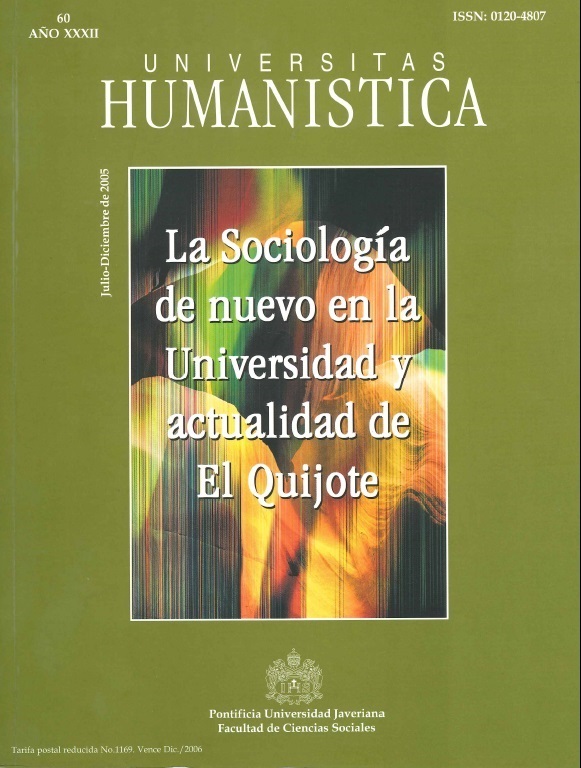Abstract
Entre 1833 y 1834, Flora Tristán emprende un viaje a Arequipa en búsqueda de la redención de su condición de paria. Al nombrar su libro como Peregrinación, la escritora alude al carácter de expiación que acompaña su peregrinar al nuevo mundo. El artículo se centrará en el reconocimiento de la representación de Tristán como sujeto escindido entre el mundo europeo y el mundo colonial, condición a la que sobrepone el enmascaramiento propio de lo femenino proveniente de la cultura patriarcal.
La propuesta de lectura busca develar cómo se construye Tristán como sujeto y como se representa mediante el enmascaramiento. Al titular el libro Peregrinaciones de una paria, Tristán se adscribe a la concepción moderna de la identidad como creación coherenete y unívoca. El peregrino es un ser en búsqueda que se sabe de tránsito tanto en el espacio como en el tiempo que habita, su errancia lo lleva al encuentro consigo mismo.
La lectura de la obra desde los postulados de la autobiografía, hace posible situar el personaje histórico en su autorepresentación. La memoria autobiográfica se ciñe al tiempo en que la escritora emprende su viaje al Nuevo Mundo, su mirada es la de una mujer burguesa, mediada por la ideología posnapoleónica que se cifra en la búsqueda de la libertad. Flora Tristán se construye como sujeto moderno, esto es como sujeto unívoco y coherente que peregrina en búsqueda de una verdad.
Regresar al texto autobiográfico decimonónico en Peregrinaciones de una paria hace posible la valoración del discurso que le es propio y la comprensión de la construcción de Tristán como sujeto moderno.

This journal provides immediate open access to its content on the principle that making research freely available to the public, encourages greater global exchange of knowledge.
The journal Universitas Humanística is registered under a Creative Commons Attribution 4.0 International Public License. Thus, this work may be reproduced, distributed, and publicly shared in digital format, as long as the names of the authors and Pontificia Universidad Javeriana are acknowledged. Others are allowed to quote, adapt, transform, auto-archive, republish, and create based on this material, for any purpose (even commercial ones), provided the authorship is duly acknowledged, a link to the original work is provided, and it is specified if changes have been made. Pontificia Universidad Javeriana does not hold the rights of published works and the authors are solely responsible for the contents of their works; they keep the moral, intellectual, privacy, and publicity rights.
Approving the intervention of the work (review, copy-editing, translation, layout) and the following outreach, are granted through an use license and not through an assignment of rights. This means the journal and Pontificia Universidad Javeriana cannot be held responsible for any ethical malpractice by the authors. As a consequence of the protection granted by the use license, the journal is not required to publish recantations or modify information already published, unless the errata stems from the editorial management process. Publishing contents in this journal does not generate royalties for contributors.


